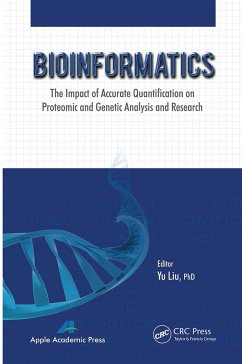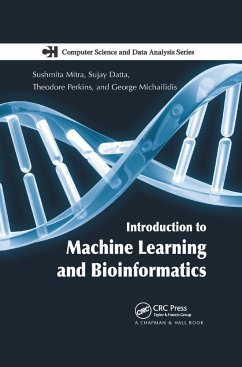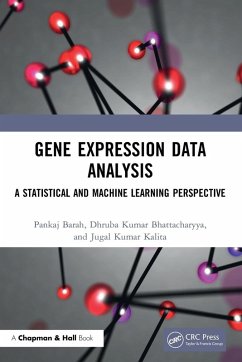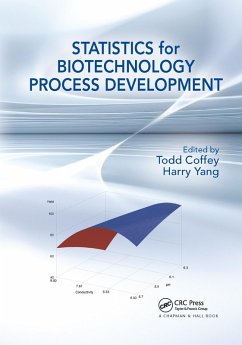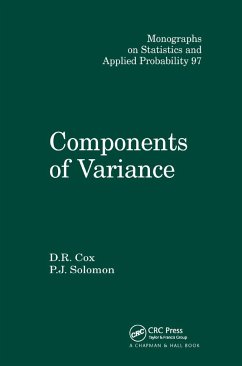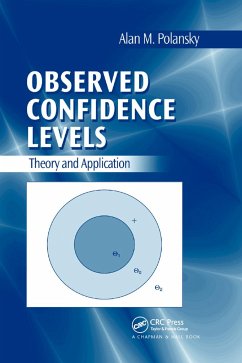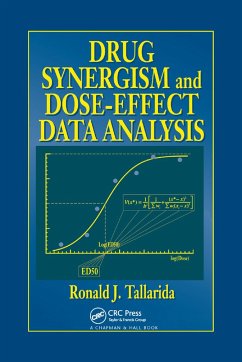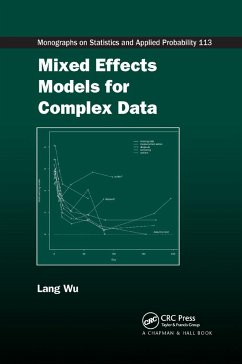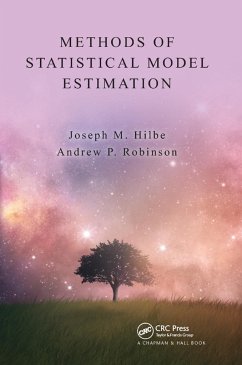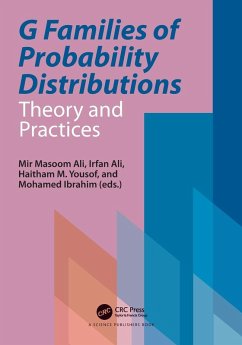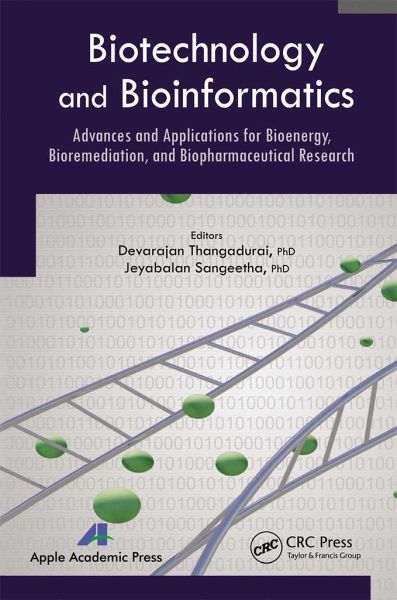
Biotechnology and Bioinformatics
Advances and Applications for Bioenergy, Bioremediation and Biopharmaceutical Research
Herausgeber: Thangadurai, Devarajan; Sangeetha, Jeyabalan
Versandkostenfrei!
Versandfertig in 1-2 Wochen
100,99 €
inkl. MwSt.

PAYBACK Punkte
50 °P sammeln!
Reflecting the interdisciplinary nature of biotechnology, this book covers the role of targeted delivery of polymeric nanodrugs to cancer cells, microbial detoxifying enzymes in bioremediation and bacterial plasmids in antimicrobial resistance. It addresses modern trends such as pharmacogenomics, evaluation of gene expression, recombinant proteins from methylotrophic yeast, identification of novel fermentation inhibitors of bioethanol production, and polyhydroxyalkanoate based biomaterials. The book highlights the practical utility of biotechnology and bioinformatics for bioenergy, production ...
Reflecting the interdisciplinary nature of biotechnology, this book covers the role of targeted delivery of polymeric nanodrugs to cancer cells, microbial detoxifying enzymes in bioremediation and bacterial plasmids in antimicrobial resistance. It addresses modern trends such as pharmacogenomics, evaluation of gene expression, recombinant proteins from methylotrophic yeast, identification of novel fermentation inhibitors of bioethanol production, and polyhydroxyalkanoate based biomaterials. The book highlights the practical utility of biotechnology and bioinformatics for bioenergy, production of high value biochemicals, modeling molecular interactions, drug discovery, and personalized medicine.





